CBS is still calculating the consequences of cutting international study placements
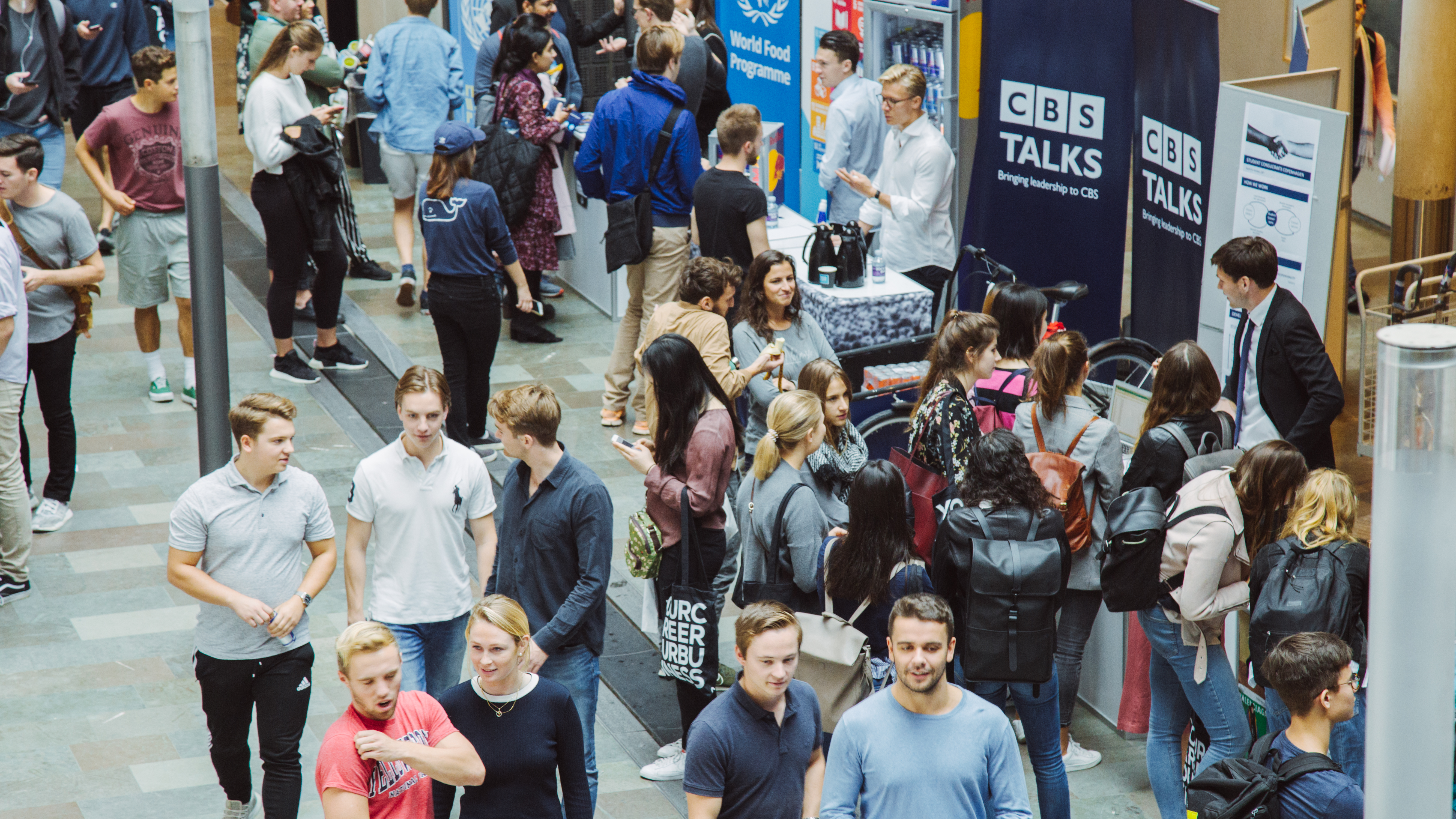
CBS is in the front line when the government cuts the number of international study placements. (Photo: Lucas Liang)
Gregor Halff, the Dean of Education at CBS, is leading a conversation between all affected areas of CBS about how to minimize the damage to the organization in regard to fulfilling the demand of cutting 260 international study placements. “It’s never just 260 study placements,” he says.
On October 3, CBS is to present a plan to the Ministry of Higher Education and Science about how it will fulfill the demand to cut 260 study placements at CBS. In total, 1,000 – 1,200 international study placements will have to be cut nationally.
Gregor Halff, the Dean of Education at CBS, is talking to the heads of departments, the Academic Council, the Board of CBS and the program directors about how to “absorb the shock” in the best possible way.
“We are working to find a solution that causes the least amount of damage to CBS. This includes trying to see how we can spread the cut across all the English-taught master’s programs,” he says.
The 260 placements may not sound like a lot, but since Danish universities are not allowed to discriminate according to nationality when it comes to accepting students from the EU/EØS countries, the number is not just 260.
Previous calculations made by CBS have shown that the total number can be as many as 789. However, current calculations estimate that the number will be far lower if the cut is spread across all of the English-taught master’s programs.
“We didn’t choose to be in this situation, and no matter how we twist and turn it, we will experience side effects,” he says.
This procedure takes the debate away from how we actually make the international students stay, and that’s ugly,
Gregor Halff
However, the reduced number of study placements on the English-taught masters programs will not affect CBS’ overall number of students, explains Gregor Halff.
“We will have to increase the intake on the bachelor programs to balance out the loss on the masters programs,” he says and assures that the reduction in international study placements will not affect CBS’ international image.
“We are still an international business school with a large number of international students and faculty members. And that’s how it’ll stay,” he underlines.
“We need a braingain officer”
The reason why the Danish government wants to cut the number of international study placements is that the employment rate among the international students is relatively low.
According to the Minister of Higher Education and Science, 38 percent of international students, who are still in Denmark two years after graduation, are employed. For Danish students, the figure is 62 percent.
Gregor Halff, however, thinks that cutting the number of international study placements is not the right way to fix the problem in the long run.
“This procedure takes the debate away from how we actually make the international students stay, and that’s ugly,” he says.
Even before the government made it clear that they wanted to cut the number of international study placements, CBS was, according to Gregor Halff, already looking into what could be done to make international students stay. That discussion continues this autumn.
“I don’t know what the solution is, but we have to look at how we can prepare international students for a career in Denmark. This can be done through events, but also by means of curriculum change. We need a Braingain officer to help increase the employment rate among international students and to find out why they’re not staying in Denmark,” he says.



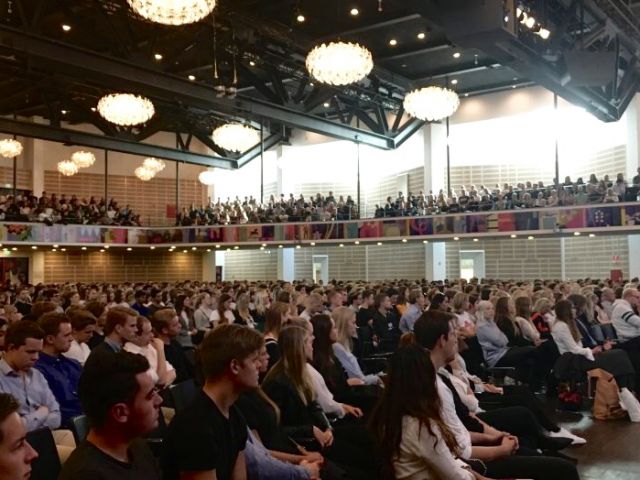
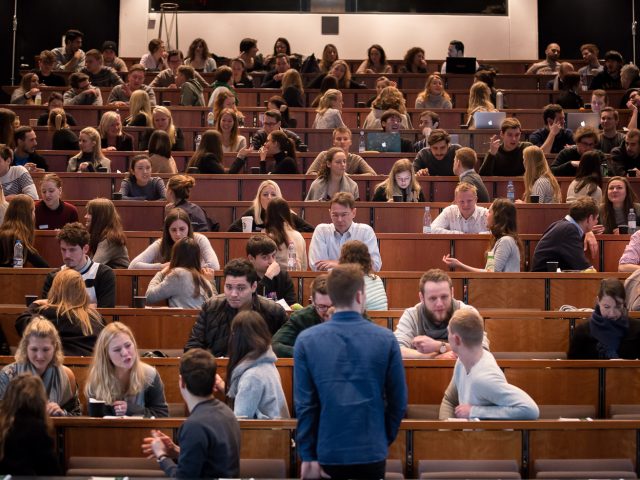

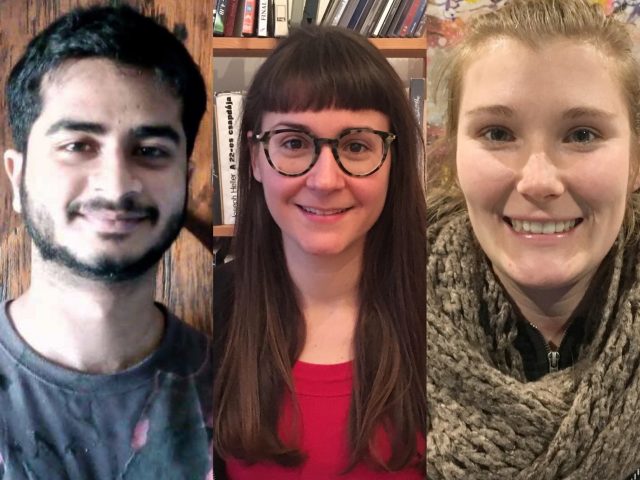
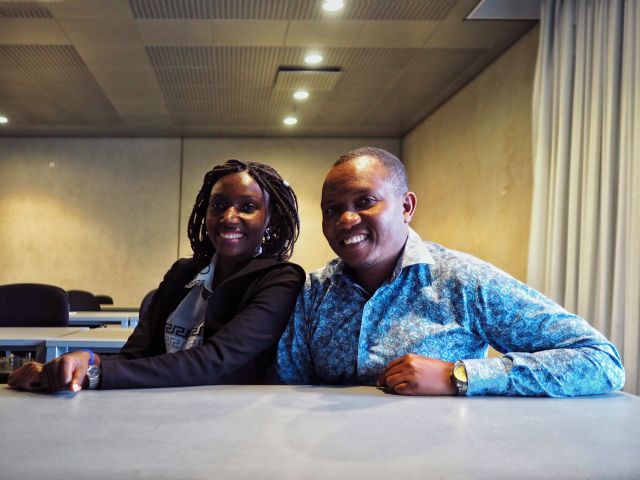
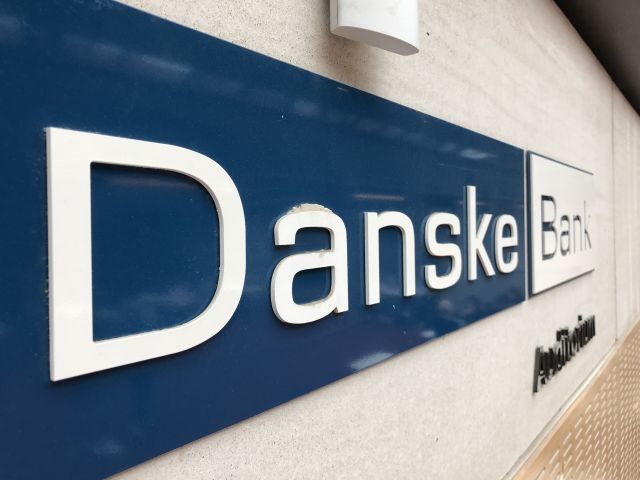




























































































































Comments